The Note-Book Of An Attaché - Seven Months In The War Zone [Illustrated Edition]
Nonfiction, History, Military, World War I, Germany, British| Author: | Eric Fisher Wood | ISBN: | 9781782894827 |
| Publisher: | Lucknow Books | Publication: | August 15, 2014 |
| Imprint: | Lucknow Books | Language: | English |
| Author: | Eric Fisher Wood |
| ISBN: | 9781782894827 |
| Publisher: | Lucknow Books |
| Publication: | August 15, 2014 |
| Imprint: | Lucknow Books |
| Language: | English |
Includes 57 photos/illustrations and 10 maps
“When the war-storm suddenly loomed over Europe at the end of July, 1914, I was quietly studying architecture in...Paris. When Austria-Hungary declared war on Serbia on July 24th, the atmosphere of the city became so surcharged with excitement...Within a week I myself had been swept into the vortex of rushing events, from which I did not emerge until seven months later.
“I became Attaché at the American Embassy in Paris under the régime of Mr. Herrick, and as such lived through the first exciting months of the great war. During the months of Sep., Oct., and Nov., I made four different trips to the front, covering territory which extended along the battle-line from Vitry-le-François in the east to a point near Dunkirk in the west. I saw parts of the battles of the Marne and the Aisne, and the struggle for Calais.
“The months of Dec. and Jan. I spent as a bearer of special dispatches between the American Embassies and went several times to France, England, Switzerland, Holland, Germany, Austria, and Hungary. The following account of what I saw and heard is compiled from letters and diaries which I wrote day by day on the spot. Some of my experiences have had to be omitted for diplomatic reasons, and it has been necessary, in some cases, to give information without mentioning my authority. The higher the rank and the greater the reputation of my informant, the less right have I to mention his name.
“Although my personal sympathies are with the French, I tried to observe dispassionately and accurately, and have scrupulously aimed to present my facts uncolored by preference or prejudice. In war, exaggeration and misrepresentation play an accepted part in the tactics of belligerents, but it should be the aim of a neutral to observe with an unbiased mind, no matter what the state of his emotions may be. Otherwise, the data he collects can have no value as historical material.”
Includes 57 photos/illustrations and 10 maps
“When the war-storm suddenly loomed over Europe at the end of July, 1914, I was quietly studying architecture in...Paris. When Austria-Hungary declared war on Serbia on July 24th, the atmosphere of the city became so surcharged with excitement...Within a week I myself had been swept into the vortex of rushing events, from which I did not emerge until seven months later.
“I became Attaché at the American Embassy in Paris under the régime of Mr. Herrick, and as such lived through the first exciting months of the great war. During the months of Sep., Oct., and Nov., I made four different trips to the front, covering territory which extended along the battle-line from Vitry-le-François in the east to a point near Dunkirk in the west. I saw parts of the battles of the Marne and the Aisne, and the struggle for Calais.
“The months of Dec. and Jan. I spent as a bearer of special dispatches between the American Embassies and went several times to France, England, Switzerland, Holland, Germany, Austria, and Hungary. The following account of what I saw and heard is compiled from letters and diaries which I wrote day by day on the spot. Some of my experiences have had to be omitted for diplomatic reasons, and it has been necessary, in some cases, to give information without mentioning my authority. The higher the rank and the greater the reputation of my informant, the less right have I to mention his name.
“Although my personal sympathies are with the French, I tried to observe dispassionately and accurately, and have scrupulously aimed to present my facts uncolored by preference or prejudice. In war, exaggeration and misrepresentation play an accepted part in the tactics of belligerents, but it should be the aim of a neutral to observe with an unbiased mind, no matter what the state of his emotions may be. Otherwise, the data he collects can have no value as historical material.”
![Cover of the book The Note-Book Of An Attaché - Seven Months In The War Zone [Illustrated Edition] by Eric Fisher Wood, Lucknow Books](https://www.kuoky.com/images/2014/august/500x500/9781782894827-qbjO_500x.jpg)
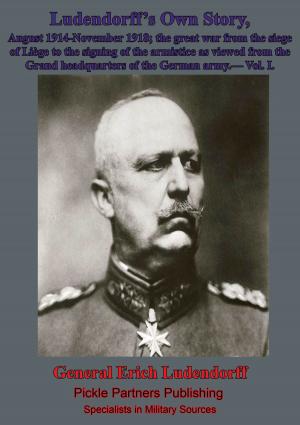
![Cover of the book ANZIO BEACHHEAD (22 January-25 May 1944) [Illustrated Edition] by Eric Fisher Wood](https://www.kuoky.com/images/2014/august/300x300/9781782894629-iiVi_300x.jpg)

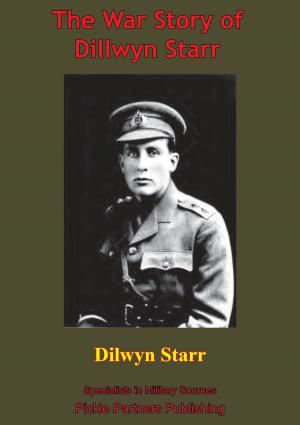
![Cover of the book Guymeyer — The Ace Of Aces. [Illustrated Edition] by Eric Fisher Wood](https://www.kuoky.com/images/2012/april/300x300/9781782890812-oKhD_300x.jpg)

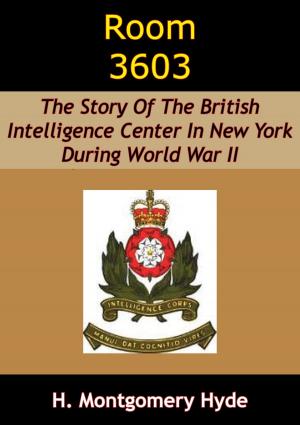
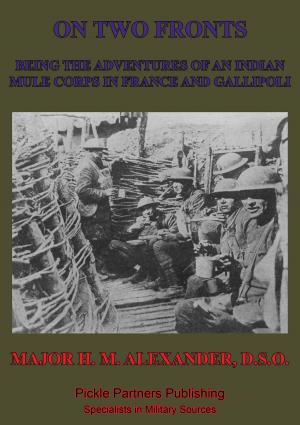
![Cover of the book Rommel’s Desert Campaigns, February 1941-September 1942: A Study In Operational Level Weakness [Illustrated Edition] by Eric Fisher Wood](https://www.kuoky.com/images/2014/august/300x300/9781782894216-IQzb_300x.jpg)
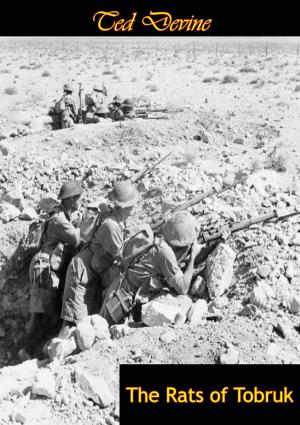
![Cover of the book With The R.A.M.C. In Egypt [Illustrated Edition] by Eric Fisher Wood](https://www.kuoky.com/images/2014/august/300x300/9781782892717-bmUl_300x.jpg)
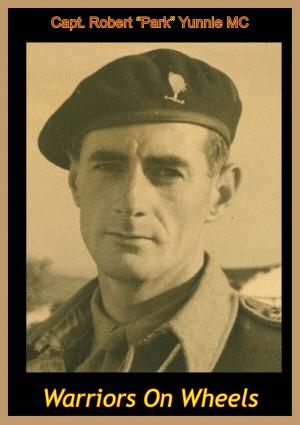

![Cover of the book FIGHT AT THE LOCK [Illustrated Edition] by Eric Fisher Wood](https://www.kuoky.com/images/2014/august/300x300/9781782893530-1wnL_300x.jpg)
![Cover of the book The First World War, 1914-1918; Personal Experiences Of Lieut.-Col. C. À Court Repington Vol. II [Illustrated Edition] by Eric Fisher Wood](https://www.kuoky.com/images/2015/november/300x300/9781786250940-ceH8_300x.jpg)